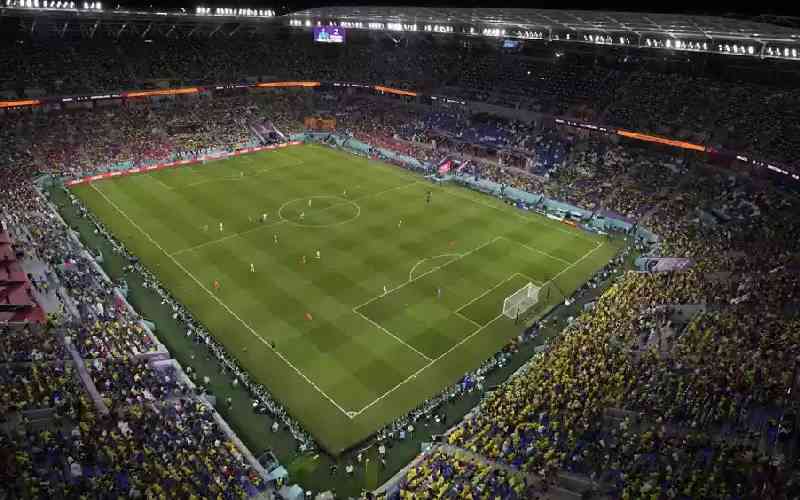×
The Standard e-Paper
Smart Minds Choose Us

A view of the Stadium 974 during the World Cup group G match between Brazil and Switzerland, in Doha, Qatar on November 28, 2022. [AP Photo]
In the midst of battling the aftershocks of the Covid-19 pandemic, a prolonged and bitter political season, economic upheaval, socio-political and technological disruption and extreme weather changes, the last two weeks, the country (and the world) has been convulsed by the Fifa World Cup Qatar 2022.







